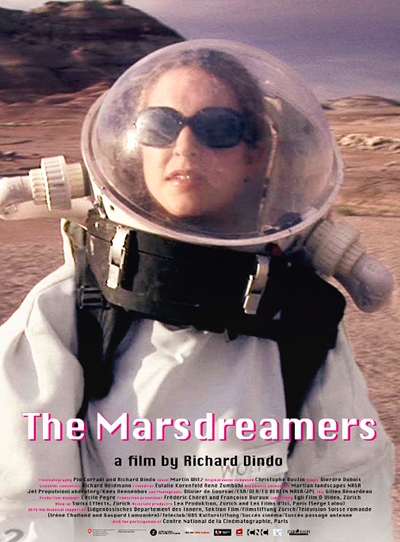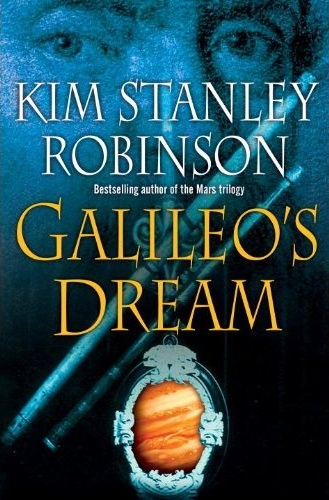New KSR interview at Den of Geek
Submitted by KimonDen of Geek has a new interview with K S Robinson, over here. Stan discusses Galileo's Dream and gives some thoughts on his writing and what's going on with the announced Red Mars TV series. Highlight:
Is your work an expression of your credo or a place where you try to define your beliefs? In the Mars Trilogy, I sensed (in the characters of Ann and Michel particularly) that some of the characters were trying to resolve questions that remain issues for you personally.
I think this is true for me, and I would hope it is true for all novelists. In the Mars trilogy I felt the appeal of both the Green and Red positions, and this was a big help in the writing of the novel, as I see-sawed back and forth from one position to the other, following the characters' beliefs; I could believe them all while I wrote them, which gave them a certain conviction.
Then the eventual Blue Mars synthesis was a kind of reconciliation in my own feelings as well as the projected situation.
Glad you also mentioned Michel, whose homesickness and nostalgia is I think a pretty common condition, especially among those of us who for various reasons cannot ever get back home. In my case, Orange County California has been destroyed by an overlay of car-centered development that means the place I knew is no longer there. This is not an uncommon experience, especially since as years pass you can't get back no matter what has happened to the home place itself.
The people at Den of Geek are very keen to see a Red Mars TV mini-series and have written some articles on that in the recent past. But more on that from KSR.info shortly!





